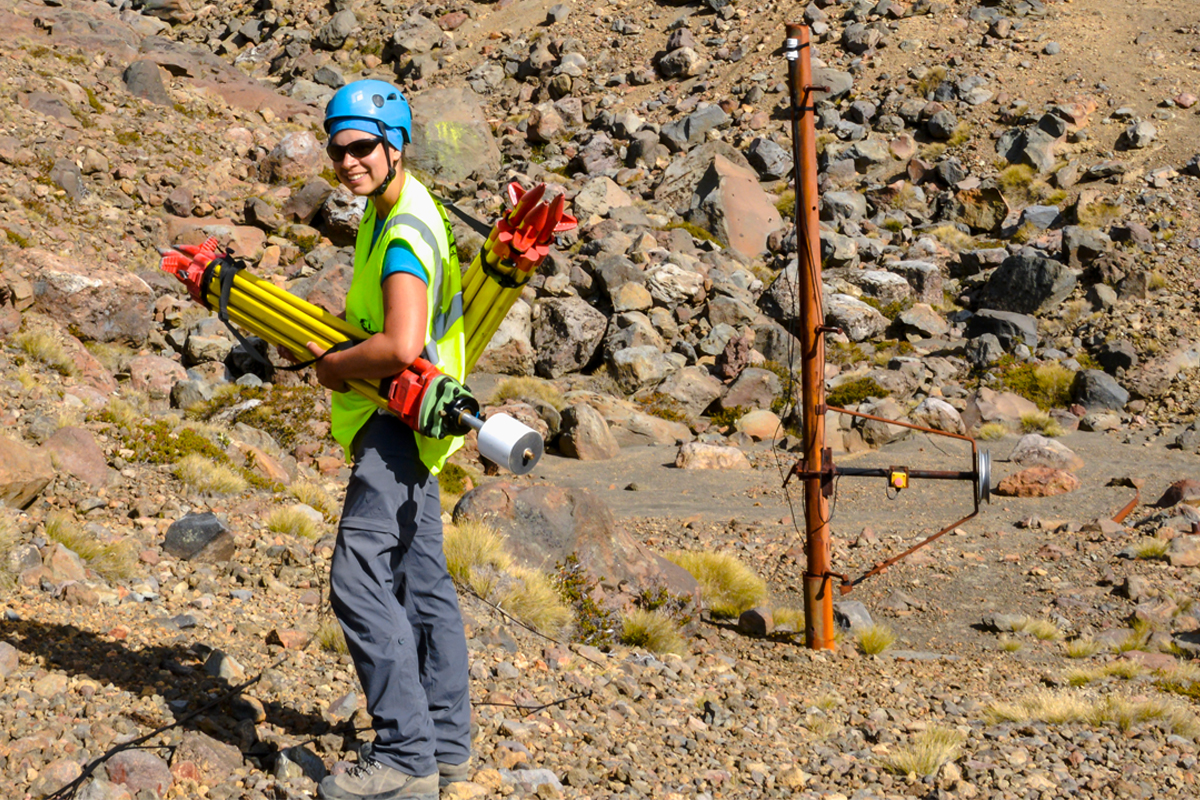All Categories
Featured
Table of Contents
Geophysical Survey - Plaza Of The Columns Complex in Yanchep Aus 2022
This work is increasingly contracted out, so consultancies provide another source of work. Consultancy companies vary in size, from really little business to large multinationals. Some consultancies are quite specialised in utilizing particular geophysical methods or operating in specific areas, while others provide a more diverse range of services to their customers.
The extraction of gas from garbage dump sites is another location of employment and this might grow in the future. Exploration business may undertake work for construction companies, water business, mining business and ecological companies, so geophysicists may be used in any of these settings. Other companies consist of: geological surveysgovernment bodies and agenciesuniversities and research institutes.


Vacancies may be noted in the oil and gas sector press. Recruitment is impacted by oil price changes and the level of competition for positions varies depending upon this. Careers Days, which cover the complete series of geoscience professions and are normally attended by a variety of essential industry companies, are run by The Geological Society.
Geophysical Survey in Cooloongu Oz 2021
A few of the large oil and gas business provide a complete two-year structured training program across the breadth of geophysics, consisting of the opportunity to experience work in numerous teams prior to specialising in one area. Your training might consist of work on: existing wellsmagnetic and gravitational possible field data analysisresearchrock analysis. It's more typical for your preliminary training to be supplied on the job.

There might be a probationary period during which you work alongside an experienced associate. Competency-based appraisals happen routinely in the majority of firms. In smaller sized firms, and for academic posts, there is unlikely to be any formal training - you'll be expected to start work straightaway and select up abilities as you go along.
If you work for a smaller business, you may discover that you require to take duty for setting up and funding your own advancement and training. If you have a geology degree, membership of The Geological Society can be useful for networking and for maintaining to date with the market.
Geophysicist Job Description, Career As A Geophysicist ... in Carlisle Australia 2023
You might also discover it useful to join the PESGB (The Petroleum Exploration Society of Great Britain, which has a geophysics unique interest group. After a probationary duration, and once you've gained some experience, you might advance to senior geophysicist, then group leader and after that into a senior role in management.
The ease of movement in between roles depends on the company structure. Research study at Masters or Ph, D level in a subject associated to geophysics or geosciences may aid with your career advancement and development. The employment market within the oil and gas industry is really depending on rate and this may impact your chances for profession progression.
For experienced geophysicists, freelance consultancy provides a good path for profession development. As a geophysicist, you're likely to have a number of tasks throughout your working life.
Geophysicist - Salary, How To Become, Job Description & ... in Scarborough Australia 2022
From geophysics, it's possible to concentrate on seismology (completing further training to become a seismic interpreter) or to move into associated locations such as engineering geology or threat forecast.
Choosing what to study in college is a tough choice. Even if you understand that your field of interest depends on science, what program of research study is right for you? If you make the decision to significant in physical and life sciences and pursue a career as a geophysicist, you're getting ready for an exciting and profitable profession.
However the primary step to attaining your objective of becoming a geophysicist is earning a degree. Even for entry-level positions in the field of geoscience, you'll require a bachelor's degree (a geophysicist college degree) from an accredited college or university. Some research study positions require candidates to hold master's degrees or even Ph.
Geophysical Survey Flashcards in Pickering Brook Aus 2020
Postgraduate degree are especially essential if you prepare to teach at a four-year organization. Geophysicists apply physics concepts and strategies to study the gravitational, magnetic, and electric fields of the earth. This enhances scientists' knowledge of both the planet's interior core and its surface area. Geophysicists should have the ability to: evaluate rocks, pictures, and other pieces of data conduct research study both in the field and in labs develop maps and charts of their findings compose reports To accomplish all this, trainees need a specialized education for geophysicist careers.
As specified above, you'll require a bachelor's degree in geoscience or an associated discipline, such as a physical science or a life sciences, to land an entry-level job. However trainees can likewise prepare by majoring in subjects like: Biology Chemistry Computer technology Engineering Mathematics Physics The above geophysicist majors provide a more generalized technique to a single clinical discipline, but many programs require trainees to take one or more geology course.
Table of Contents
Latest Posts
Geophysics, Engineering Geophysics And Applied ... in Carmel Western Australia 2023
Airborne Geophysical Surveys Of The Lower Mississippi ... in Balcatta Oz 2022
Working As A Geophysicist And Oceanographer In Canada in Cannington Australia 2023
More
Latest Posts
Geophysics, Engineering Geophysics And Applied ... in Carmel Western Australia 2023
Airborne Geophysical Surveys Of The Lower Mississippi ... in Balcatta Oz 2022
Working As A Geophysicist And Oceanographer In Canada in Cannington Australia 2023